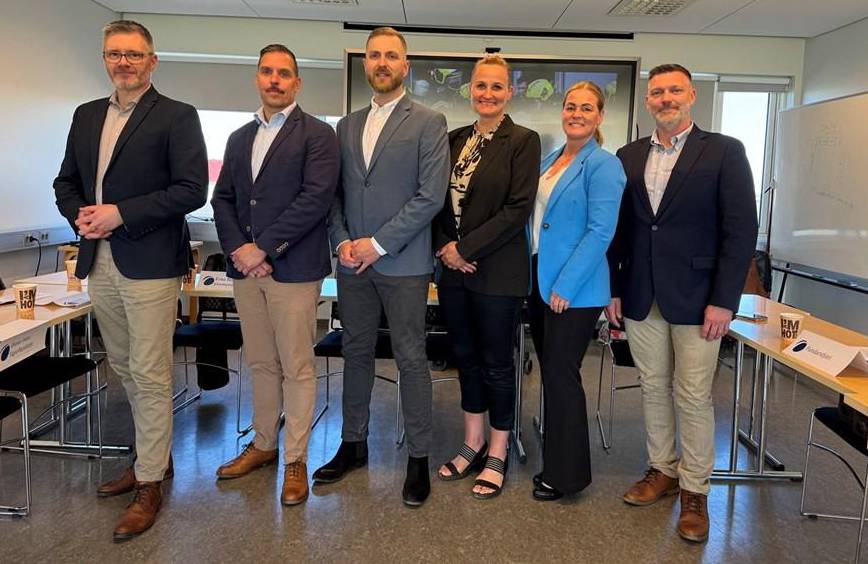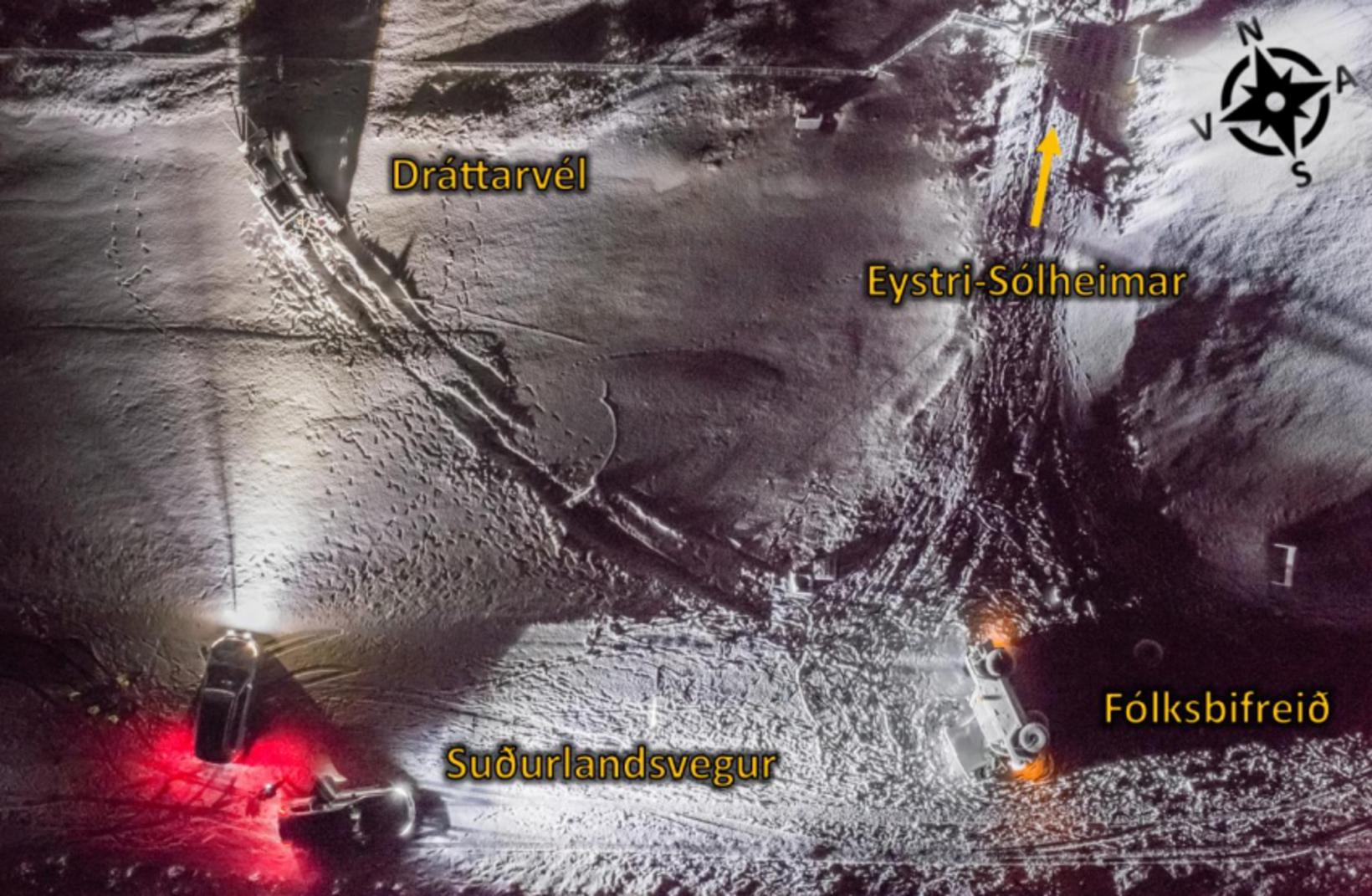The status not acceptable in rural

About 83% of ambulances operating in the backwake system in the more dispersed areas of the country do not consider themselves to be adequately gained continuous education to maintain skills in work according to a project carried out by students at the University of Bifröst.
« The explanation may then be that these people have other jobs and even full-time elsewhere. So he knows the job very well.
With him they worked with Erna Björg Jónmundsdóttir, Heiðar Örn Jónsson, Inga María Warén Árnadóttir and Viggó Matthías Sigurðsson for the project, which was awarded especially when students were involved in their semester projects for judges, instructors and chairmen, as well as the audience.
Got a brilliant review
« The group’s task is a great example of how a semester project can shed light on urgent challenges and work an important analysis of problems and make suggestions for improvements. The mentor also points out that there is every reason why the results will be examined in the management system.
« There is every reason to encourage authors to present the results to stakeholders and the government, as the study shows that the situation is not acceptable, because security and human life is being jeopardized. »
« » We were to some extent based on an attitude survey conducted by Hjördís Sigurgeirsdóttir in 2006. that the number of ambulances has increased in the main job or whether those who are in extra work have increased education, ”says Bjarni, and ponders whether there is no need to create plans for the government to achieve its goals.
Reports but not plans
« » The government’s policy has for many years been that ambulances in more dispersed areas have been involved in health care institutions and are in the job ratio in ambulance transport. The frequency of projects is often too low to maintain skills.
Bjarni states that various positive changes have been made. « The chief physician is over ambulance transport and pilot projects are underway, which involves utilizing a telecommunications physician in emergency services. It can help with cases in the countryside.
Bjarni, Heiðar, Erna, Inga and Viggó along with Sævar the mentor (far left).
Photo/University of Bifröst
Log in to read forward
Access to this full -length news requires a subscription.
To read it, you need to log in.
Don’t you have user access? Go to the registration.
Get a subscription to read on
You are in regulated that … But do not subscribe.
Access to this full -length article requires a subscription to Morgunblaðið, electronic access such as a weekly pass or a special subscription to the relevant content category on mbl.is.







